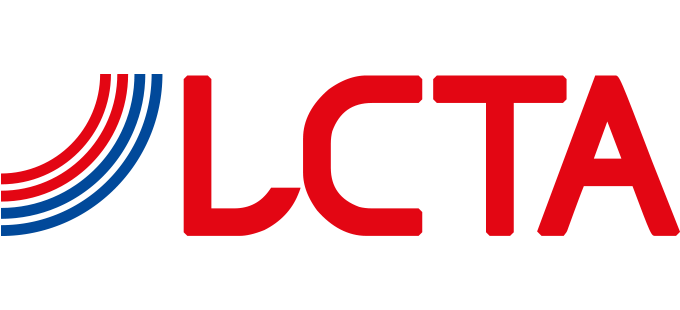STSA Responsible Business Initiative (RBI)

The popular vote on the Responsible Business Initiative will take place on November 29, 2020 and the campaign will start this summer. On that date, the Swiss people will be able to vote for or against the initiative.
If the population accepts the initiative, it would still have to be implemented on a statutory level. If the initiative does not reach the majority of votes, the indirect counter-proposal will be adopted (subject to a referendum). The reporting and due diligence obligations would then need to be observed for the first time in the financial year commencing one year after the entry into effect.
KKS counter1. Key elements of the Initiative-proposal
The RBI seeks to introduce a new article 101a to the Federal Constitution. This article proposes the following key requirements for companies with registered office, central administration or principal place of business in Switzerland (Swiss companies) :
– Respect all internationally recognized human rights and international environmental standards in Switzerland and abroad and ensure that companies under their (actual) control do the same.
– Conduct appropriate due diligence with respect to risks to human rights and the environment by identifying actual and potential impacts, take measures to prevent and cease existing violations, and report on such measures. These obligations extend to controlled companies (subsidiaries and suppliers).
– Accept liability for damage caused by companies under their control by violation of internationally recognized human rights and international environmental standards in the course of business, unless they prove to have complied with their due diligence obligations (reversal of the burden of proof).
The Swiss Parliament supports the main goal of the initiative that is the respect for human rights and the environmental through business, but concluded that the initiative went too far and would significantly weaken the attractiveness for Switzerland as a business hub. Instead, it supports the indirect counter-proposal.
2. Key elements of the indirect counter-proposal
Non-financial reporting duties
A new proposed provision in article 964bis ff. of the Swiss Code of Obligations would require public companies, banks, insurance companies and other supervised companies in the financial sector, which together with controlled companies in Switzerland and abroad (the Group) :
(i) have at least 500 full-time employees on annual average, and
(ii) exceed either total assets of CHF 20 million or revenues of CHF 40 million, to report annually on non-financial matters in a separate report.
These provisions are in line with the Non-Financial Reporting Directive of the EU.
The report must contain information necessary to understand the Group’s business development, performance, position and impact of its activity on environmental (incl. CO2 targets), social, employee, human rights and anti-corruption topics. The report has to include but is not limited to a description of :
(i) the business model,
(ii) policies pursued and due diligence carried out,
(iii) main risks resulting from the Group’s own operations and, where relevant and proportionate, from its business relationships, products or services,
(iv) measures taken and assessed, and
(v) the main non-financial key performance indicators.
The report may be based on national, European or international reporting standards, such as the OECD guidelines for multinational enterprises or the standards of the Global Reporting Initiative (GRI) among others. A reporting company may choose not to report on topics with respect to which the Group does not pursue policies. This would, however, require the report to provide a clear and reasoned explanation. Furthermore, the report is subject to approval by the board of directors and by the general meeting of shareholders but it does not need to be audited.
Due diligence obligations in connection with conflict minerals and child labor
Swiss Companies that (i) import or process minerals or metals containing tin, tantalum, tungsten or gold from conflict or high-risk areas, or (ii) offer products or services where there are reasonable grounds to suspect that child labor was involved, are subject to special due diligence and related reporting obligations with respect to their supply chain. The Federal Council may define certain exceptions.
Companies would be required to implement a management system with a defined supply chain policy and a system to trace back the supply chain, identify and assess actual and potential risks of adverse impacts in their supply chain, implement a risk management plan with measures to prevent or mitigate such risks, and issue an annual report on the compliance with these obligations. Additionally, companies importing or processing minerals or metals must appoint an independent third party to carry out audits on the compliance with the abovementioned obligations.
As far as criminal liability is concerned, the proposed provisions foresee that anyone who makes false statements in, or fails to provide, a required non-financial report will be fined with up to CHF 100’000.
Florence Schurch
Secretary general of STSA, is at your disposal to answer your questions:
+41 22 715 29 90 / florence.schurch@stsaswiss.ch
